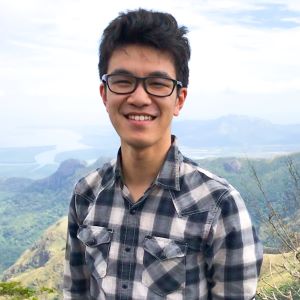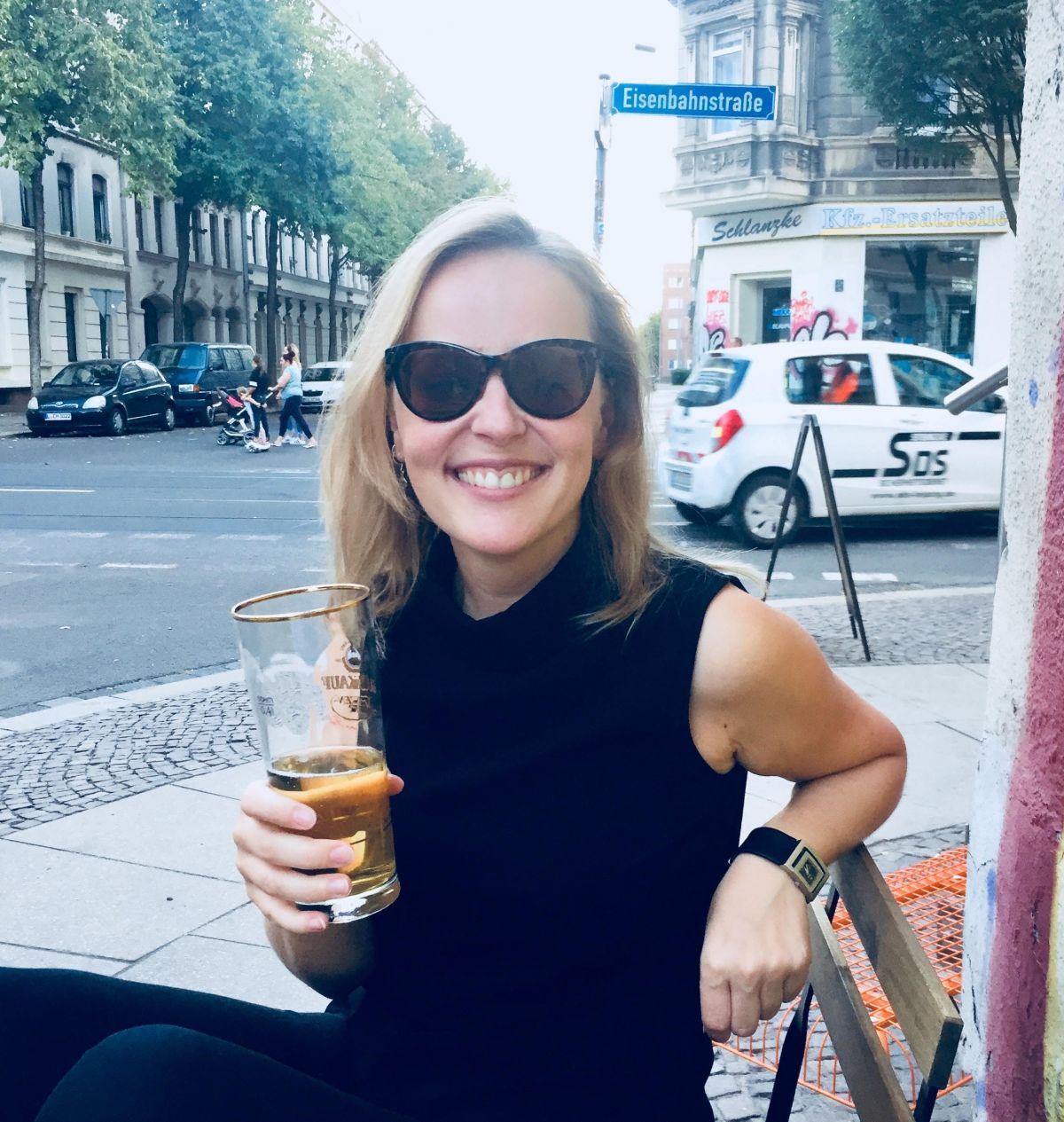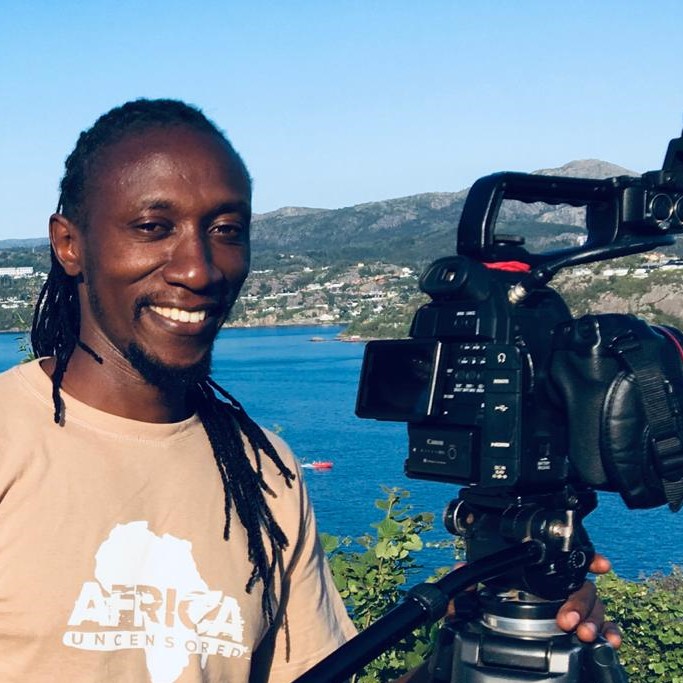Hong Kong: la mia casa
Mentre frequentavo l'università negli Stati Uniti non ho mai avuto nostalgia di casa, mi bastava prendere un volo per far ritorno ad Hong Kong, quello di sempre, o almeno era così fino a quando la mia casa non si è ammalata.
Hong Kong, Eastern Asia
Story by Andy Lee. Translated by Anita Landolfo
Published on May 24, 2022.
This story is also available in 




Listen to this story:
"Ti manca casa?" Questo era ciò che mi chiedevano gli amici mentre frequentavo l’università negli Stati Uniti, lontano da Hong Kong. Non ho mai avuto nostalgia di casa, dopotutto per raggiungerla mi bastava prendere un volo, quello di sempre che era lì ad aspettarmi, o almeno era così fino a quando la mia casa non si è ammalata.
Negli ultimi 12 mesi Hong Kong è apparsa ai miei occhi sempre più deturpata: i titoli di giornale, le foto, le dirette live hanno rappresentato l'evidente dissacrazione della democrazia. [1] Oltre due milioni di persone hanno marciato per le strade unendosi alla seconda protesta di massa della città degli ultimi dieci anni, la più grande nella storia hongkonghese, solo per vedere i propri diritti fondamentali ignorati, strappati via, criminalizzati. Ed è lottando con tutte le mie forze per riconoscere la città in cui sono cresciuto che mi sono reso conto di avere nostalgia di casa. Questa volta nessuna stradina, né volo diretto, potrà “riportarmi nel luogo al quale appartengo”; non c’è nessuna via di fuga, soltanto una cruda realtà: la mia casa sta morendo e non sono l'unico a soffrirne. La nostalgia di casa è come un'epidemia diffusa in tutta la città. Hong Kong è sempre stata paladina della libertà di espressione e di raduni, ma ora è soltanto una città fredda, crudele, dissanguata e in punto di morte e il ricordo di quella che era un tempo non potrebbe mancarmi di più.
Essendo degli anni '90, appartengo all'ultima generazione di hongkonghesi britannici nati prima del 1997, anno del trasferimento della sovranità di Hong Kong dal Regno Unito alla Cina continentale. Noi ragazzi di allora siamo cresciuti con un conflitto interiore: siamo nostalgici per la conclusione di un capitolo storico, ma anche in trepida attesa della fine dei 50 anni di autonomia di Hong Kong, un periodo di transizione regolato secondo il modello politico "Un Paese, due sistemi."[2] Alle medie ho sgobbato sui libri per gli esami, divorando i testi sulla separazione dei poteri, sul Governo Centrale del Popolo e lo Stato di diritto, concetti necessari a noi cittadini di soli 15 anni per costruire il futuro della nostra città (ad oggi rimossi dai programmi scolastici). Ripensandoci, molti di noi hanno dato totalmente per scontato quel futuro, ormai utopia a causa dei piani del governo cinese.
Dopo la loro unione, i rapporti tra i due paesi si sono inaspriti e, quella che inizialmente sembrava una stretta di mano amichevole da parte di Pechino, è diventata una presa aggressiva che ha schiacciato l'anima della mia patria.[3] Con la promulgazione della legge sulla sicurezza nazionale, inoltre, si è raggiunto il culmine di dieci anni di proteste contro il controllo cinese; essa ha violato l'integrità della città, l'ultimo chiodo nella bara dei resti in decomposizione della democrazia. Hong Kong è così passata dall'essere una delle città più sicure al mondo ad uno stato di polizia a tutti gli effetti, contando 9.200 manifestanti arrestati, 2.600 feriti e innumerevoli "suicidi".
Guardandola da lontano ho provato dapprima dolore, poi ero come intorpidito. La rabbia si è consumata in sospiri privi di parole, i notiziari non facevano altro che parlare di manifestanti condannati al carcere e di funzionari governativi che, in realtà, sputavano menzogne spietate. Eppure, tutt’oggi vivo a dodici ore di fuso orario da quel caos e mi chiedo chi sono io per scoraggiarmi, quando il rischio più grande che corro è quello di scontrarmi con gli amici d'infanzia uniti al corpo di polizia? Chi sono io per perdere la speranza, quando i ragazzi lottano per il proprio futuro e per la loro stessa vita?
La speranza nasce lì dove ci sono mancanze e, anche se la nostalgia di casa sta affliggendo Hong Kong come un'epidemia, noi cittadini resistiamo per difenderne l'identità e se i nostri cuori rimarranno a casa potremo appiattire la curva epidemiologica. Abbiamo combattuto contro l'oppressione e l'ingiustizia con ombrelli, elmetti, maschere antigas e le nostre storie da raccontare; ci rifiutiamo di accontentarci di un governo privo della voce del popolo, anche se la nostra casa non è più quella di prima. Alla fine, noi cittadini non soccomberemo alla malattia che affligge Hong Kong e insieme la cureremo.
Note a piè di pagina:
[1] Hong Kong piange la fine della propria libertà ora che la Cina reprime il dissenso generale, storia di Laurel Chor in National Geographic (1° settembre 2020) https://www.nationalgeographic.com/history/2020/09/hong-kong-mourns-way-life-china-cracks-down-dissent/
[2] Un paese, due sistemi è il modello politico adottato ad Hong Kong (e Macao) nel 1997, anno in cui l'ex colonia britannica entrò a far parte della Cina continentale come Regione amministrativa speciale (Special Administrative Region, SAR). Secondo il modello, Hong Kong conserva la propria autonomia governativa, giuridica, economica e finanziaria, mantenendo rapporti commerciali con i paesi stranieri in modo indipendente dalla Repubblica Popolare Cinese per 50 anni, fino al 2047. Negli anni '80, ad Hong Kong, c'era un detto popolare che recitava: "I cavalli continueranno a correre e le persone a danzare" (in senso fig. si continuerà ad organizzare corse di cavalli e a tenere aperti i locali notturni). L’espressione, probabilmente, simboleggiava il passaggio graduale e armonioso della sovranità di Hong Kong dal Regno Unito alla Cina continentale; in realtà, l'autonomia di cui ha goduto Hong Kong è stata di breve durata.
[3] Dal 1997, Pechino ha gradualmente attuato una serie di azioni politiche per ampliare il proprio controllo su Hong Kong; tuttavia, a partire dal 2010, le sue intenzioni sono diventate molto più evidenti. Nel 2014 l'amministrazione di Hong Kong, su pressione di Pechino, ha inscenato un'elezione pseudo-democratica per la nomina del nuovo capo dell'esecutivo, così definita in quanto i candidati ammessi erano stati preselezionati. Ciò ha dato vita alla Rivoluzione degli ombrelli, un movimento di protesta che ha visto l'occupazione di gran parte della città da parte di manifestanti che hanno marciato in modo pacifico muniti di ombrelli; ciononostante, la protesta è stata messa a tacere dopo tre mesi lasciando i cittadini in uno stato di amarezza e frustrazione. Nell'estate 2019, il popolo si è mobilitato per protestare contro il disegno di legge sull'estradizione, un emendamento che avrebbe difatti autorizzato le autorità cinesi a estradare i sospetti verso la Cina continentale, concedendo a quest'ultima un maggiore controllo sul sistema giudiziario hongkonghese.
How does this story make you feel?
Follow-up
Do you have any questions after reading this story? Do you want to follow-up on what you've just read? Get in touch with our team to learn more! Send an email to [email protected].
Talk about this Story
Please enable cookies to view the comments powered by Disqus.
Subscribe to our Monthly Newsletter
Stay up to date with new stories on Correspondents of the World by subscribing to our monthly newsletter:
Other Stories in Italiano
Explore other Topics
Get involved
At Correspondents of the World, we want to contribute to a better understanding of one another in a world that seems to get smaller by the day - but somehow neglects to bring people closer together as well. We think that one of the most frequent reasons for misunderstanding and unnecessarily heated debates is that we don't really understand how each of us is affected differently by global issues.
Our aim is to change that with every personal story we share.
Community Worldwide
Correspondents of the World is not just this website, but also a great community of people from all over the world. While face-to-face meetings are difficult at the moment, our Facebook Community Group is THE place to be to meet other people invested in Correspondents of the World. We are currently running a series of online-tea talks to get to know each other better.




























